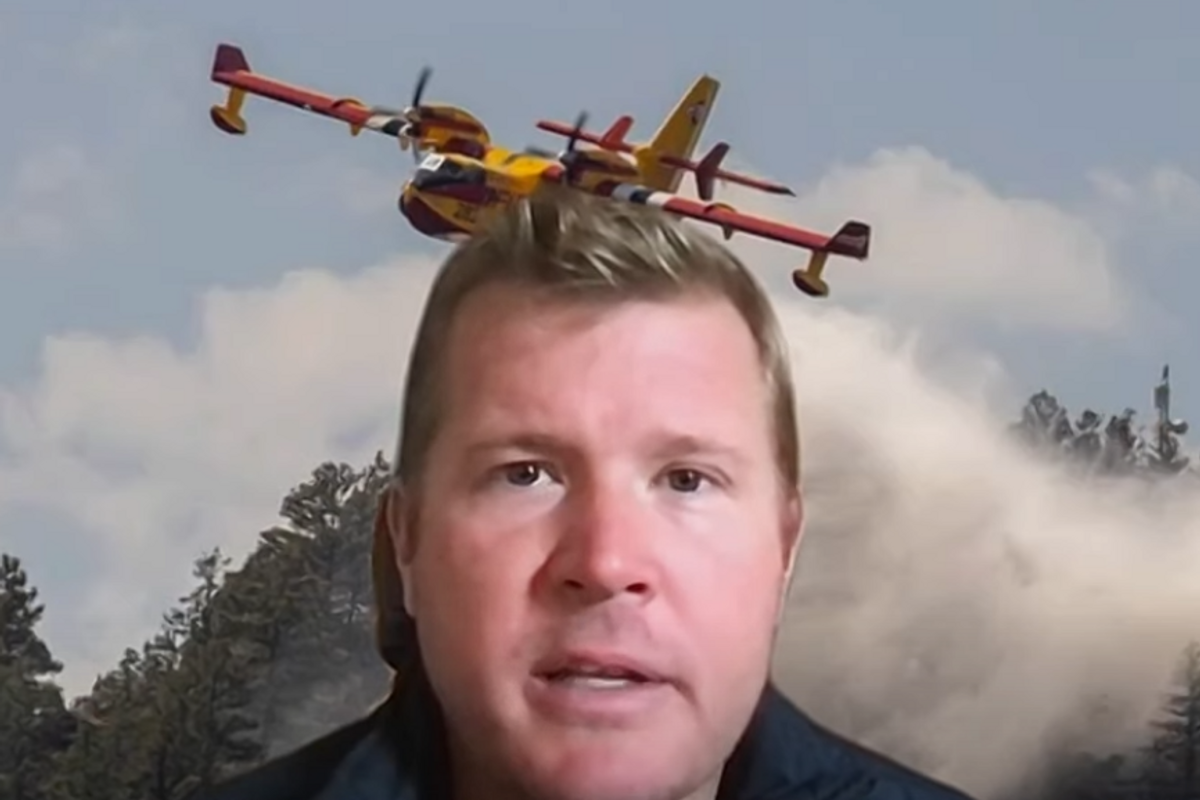Tim Sheehy
Tim Sheehy, a Republican millionaire business executive running to be one of Montana’s U.S. senators in 2024, has repeatedly complained that Democratic Sen. Jon Tester takes too much in campaign donations from registered lobbyists. But Sheehy’s first campaign finance disclosure filing reveals that his campaign has already received tens of thousands of dollars from lobbyists. Sheehy is one of three candidates seeking the Republican nomination for the seat.
“On his way to becoming the number one recipient of lobbyist cash, Jon Tester has talked a lot about standing up to the pay-to-play culture in Washington but hasn’t done a thing to stop it,” Sheehy said in a September 25 press release. “Career politicians like Jon Tester have abandoned the American people — serving the lobbyists, special interests, and themselves instead of hard working Americans. Jon Tester is all talk, no leadership — Montanans deserve better.”
Sheehy’s claim, which he has also repeatedly tweeted, appears to be based on data from five years ago, when, at one point in the 2018 campaign cycle, Tester was the national leader in lobbyist contributions. He did not rank in the top 25, according to Open Secrets, during the 2020 or 2022 campaign cycles.
As national Republican leaders pushed to recruit Sheehy to run, he met in June with a group of about 20 federal lobbyists at the Washington, D.C., offices of tobacco giant Altria to discuss the race, according to a Politico Playbook report.
Three days after Sheehy joined the race, he accepted a $3,300 donation — the largest legally permissible amount — from registered lobbyist Todd Walker, Altria‘s senior vice president for government affairs and public policy.
A Sheehy campaign spokesperson did not immediately respond to an American Independent Foundation inquiry about his contributors.
Walker is not the only lobbyist funding Sheehy’s campaign. An American Independent Foundation review of his October quarterly disclosure to the Federal Election Commision reveals that he accepted at least $41,660 from registered lobbyists and another $1,000 from the corporate PAC for the CGCN Group, a top Washington lobbying firm.
Among his lobbyist donors are Brian Henneberry, who represents fossil fuel behemoth Koch Industries; Chevron lobbyist James R. Thompson; and Phil Hardy, whose clients include Sheehy’s own company, Bridger Aerospace Group.
As Sheehy collects donations from lobbyists and decries their influence, Insiderreported in August that he plans to give some of the proceeds of his soon-to-be-published memoir to the United Aerial Firefighters Association, an industry group he co-founded. The group has spent at least $25,000 on federal lobbying already in 2023.
Though the National Republican Senatorial Committee is backing Sheehy, polling shows he is trailing Republican Montana Rep. Matt Rosendale, who is reportedly planning to join the race, in a possible primary matchup. Sheehy also trails Tester in a hypothetical general election.
Reprinted with permission from American Journal News.









